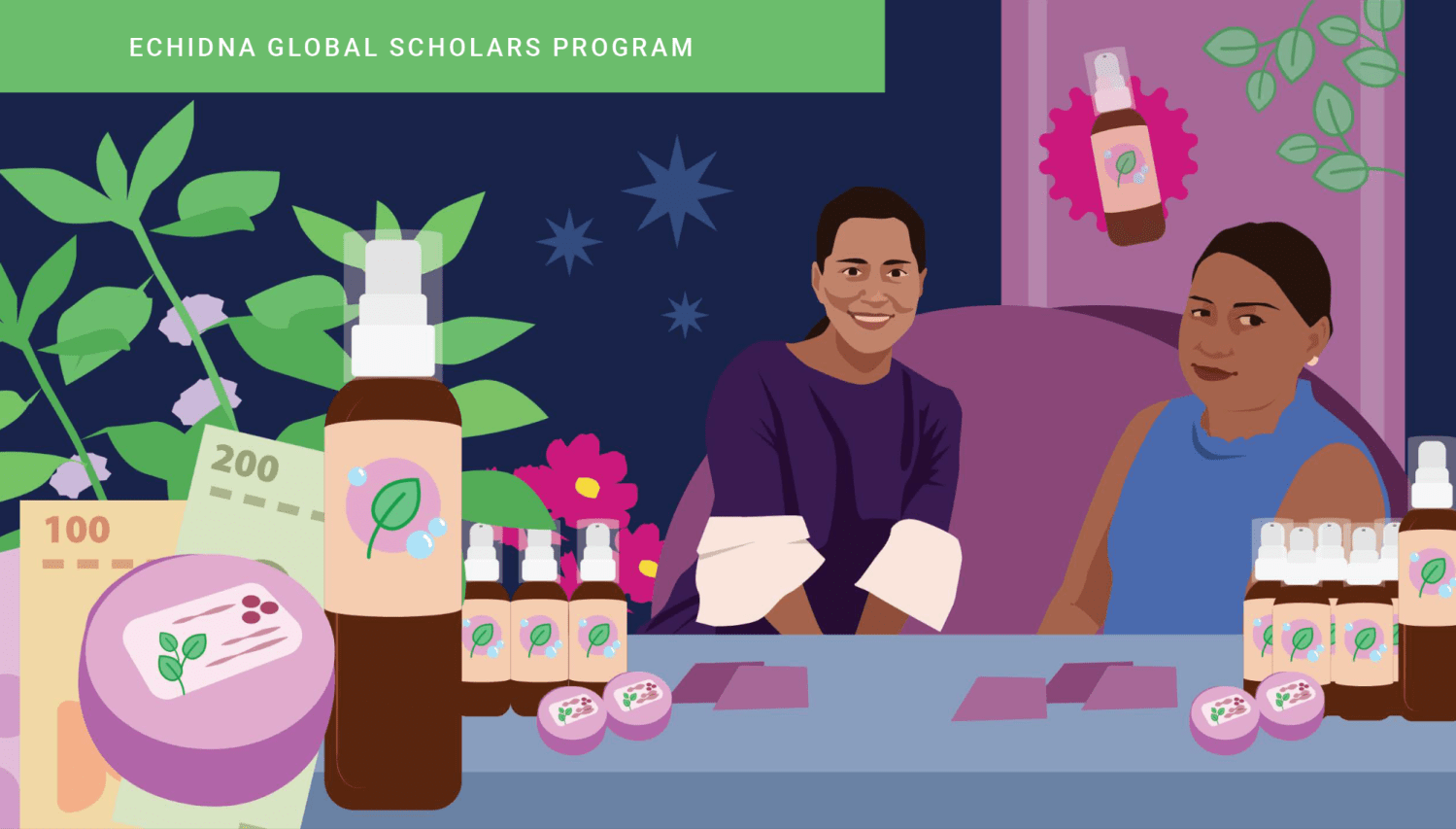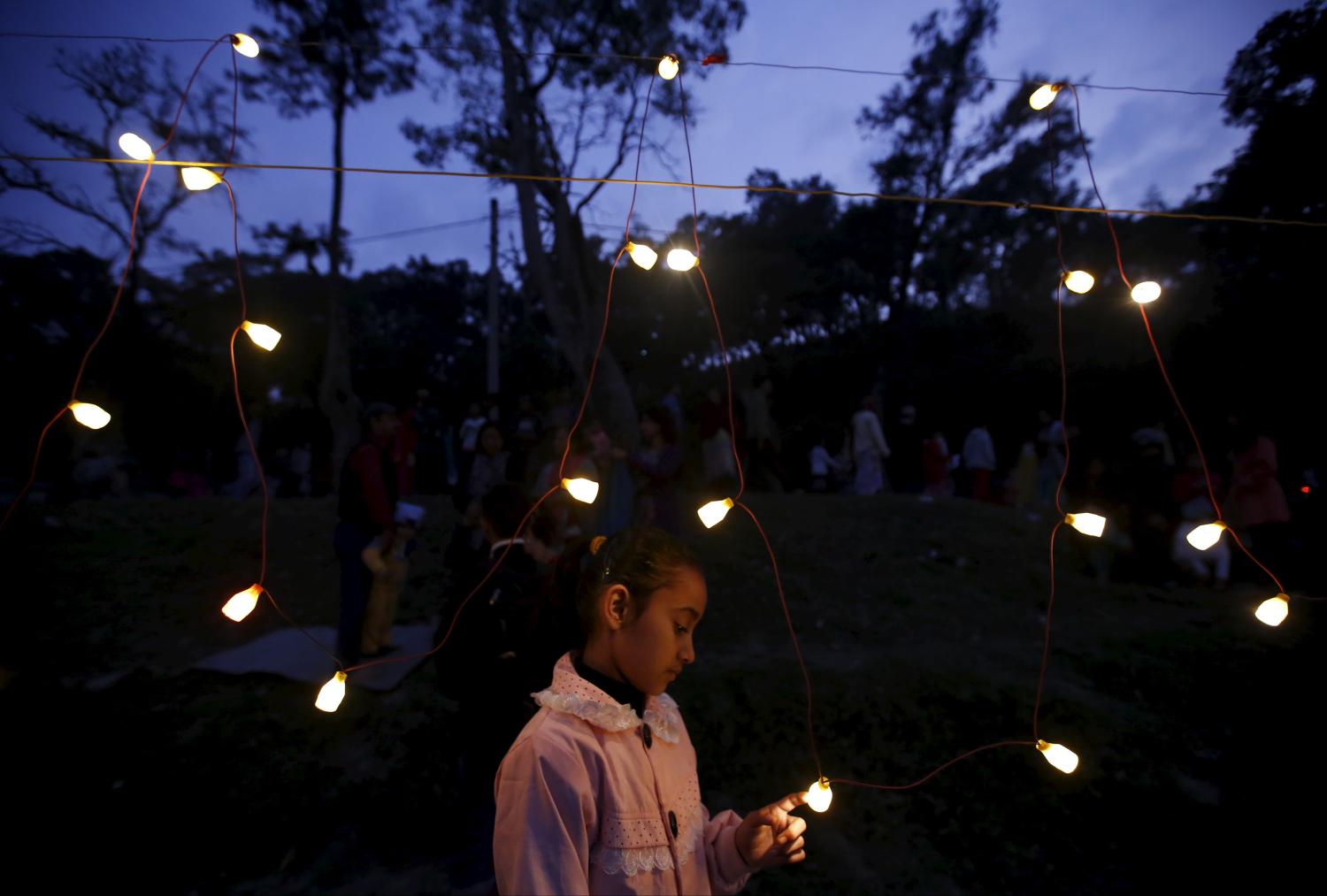Theresa (Tere), a 29-year-old woman from Mexico, has completed secondary school, placing her among the 8 out of 10 young women who reach this level of education, reflecting the current national average (INEGI, 2023). A mother of three with a talent for design, she enjoys making costumes for her children’s school events and occasionally sells them at her local market. Yet, like 15 million other Mexican women1, she has not been able to translate her education and skills into economic autonomy and overall well-being. Without access to formal employment or sustainable income, her ability to make meaningful life decisions—such as using resources or exiting violent and codependent relationships—remains limited.
In her municipality, as in many urban areas in Mexico, public programs exist to support women’s economic participation. However, these public investments have not yet delivered on their promise for marginalized women. Structural barriers such as poverty, gender-based violence (GBV), and unpaid care and domestic work prevent women like Tere from accessing and using these programs and services, thus reinforcing cycles of exclusion.
Mexico illustrates that equal access to education and the existence of public programs to support women’s economic participation may not be enough to ensure that all women achieve equal life outcomes. These efforts fall short if deeper assumptions about inequality and exclusion aren’t considered in policymaking. If Mexico is to achieve shared prosperity, policies and programs must take an intersectional and holistic approach that centers the lived experiences of marginalized women in economic autonomy.
This policy brief argues that the path to shared prosperity in Mexico starts by shifting the way policymakers think. My research shows that the mindsets of local policymakers in Mexico influenced policies related to women’s economic autonomy and their outcomes for marginalized women, either by reinforcing exclusion or enabling transformative change. I also demonstrate that policymakers’ mindsets can change. The case of Co-meta, a second-chance education program, shows how proximity to marginalized women’s lived experiences can shift policymakers’ mindsets, helping them design and implement more inclusive, intersectional, and gender-transformative policies for women’s economic autonomy.
-
Footnotes
- To estimate the number of women, we used public data from CONEVAL (2024) to calculate the sum of women experiencing poverty, care inequality, and violence. The estimate includes a) women in poverty who are economically inactive and have caregiving responsibilities (e.g., children), and b) women in poverty engaged in precarious employment—working fewer hours than full-time, unpaid, or without a formal contract. Considering that 70% of women in Mexico have experienced some form of violence (INEGI, 2023), we assume a strong correlation between poverty and exposure to violence, reflecting systemic vulnerabilities. However, this estimate does not account for economically inactive women in poverty without children but with other caregiving or domestic responsibilities (e.g., extended family or community care), self-employed women in the informal economy, or women facing other intersecting barriers such as health challenges or disabilities. These exclusions highlight the limitations of available data in capturing the diverse and intersectional experiences of marginalized women, particularly Indigenous women, who face compounded disadvantages due to systemic discrimination, lack of access to care services, and economic exclusion.
The Brookings Institution is committed to quality, independence, and impact.
We are supported by a diverse array of funders. In line with our values and policies, each Brookings publication represents the sole views of its author(s).







